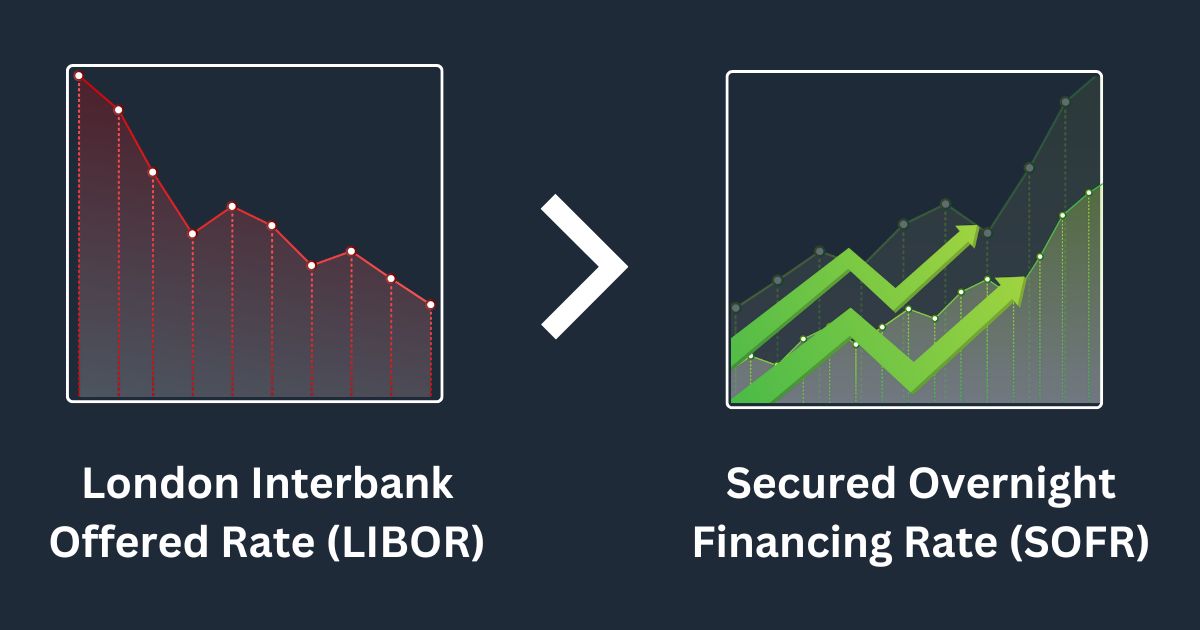Export Finance refers to fulfilling the capital requirement of exporters to facilitate their business in the overseas market. In simple language, we can say that export finance is offering financial products and services to businesses so that they can continue their export activities. The concept of export financing becomes more relevant when there is a geopolitical crisis such as the recent middle-east conflict when traders faced multiple challenges.
Suppliers trading in the international market often offer deferred payment terms which sometimes exceed even 120 days, resulting in a financing gap between shipping the goods and receiving payment. In such a situation, suppliers are in dire need of working capital, because their payment is stuck.
Export finance helps businesses overcome such financial challenges arising from disruption in international trade, currency fluctuation, payment delays, political instability, and transportation costs.
Usually, this type of finance is more relevant for businesses that want to expand their market and sell their goods or services to overseas markets. Export finance has been a game-changer for small businesses looking to tap into international markets. Here’s a simplified guide to help you navigate the world of export finance:
What is Export Finance?
Export finance is all about providing the necessary funds to help businesses sell their products or services overseas. It becomes especially important during challenging times like geopolitical crises, which can disrupt international trade and lead to payment delays.
Types of Export finance:
Pre-Shipment Finance
Funds provided before shipping goods, allowing you to buy raw materials and produce your products.
Post-Shipment Finance
Funds provided after shipping goods, helping you manage working capital while waiting for payment from your buyer.
Bill Discounting and Invoice Factoring
Selling your export bills or invoices at a discount to get immediate funds.
Finance Against Collection of Bills
Loans obtained against bills sent for collection in different countries.
Discounting Letter of Credit
Securing a loan against a Letter of Credit issued by the buyer’s bank.
Finance Against Allowances & Subsidies
The government offers subsidies to the exporters enabling them to sell the goods at a lower price to importers.
Advantages of Export Finance:
- Need-based financing: Tailored loans to cover your specific export-related expenses.
- Cash flow management: Bridging the gap between shipping goods and receiving payment.
- Competitive terms: Offering attractive payment terms to your buyers.
- Risk mitigation: Protecting against unforeseen events like payment delays or currency fluctuations.
- Financial Cost and Growth Potential: One of the key advantages of export finance is its cost-effectiveness compared to other forms of debt. Here’s why:
- Lower Interest Rates: Export finance often comes with lower interest rates, especially under government-supported schemes like the Interest Equalization Scheme. This makes it more affordable for small businesses to borrow for export-related activities.
- Tailored Financing: Since export finance is specifically designed for international trade, it’s structured to match the cash flow needs of exporters. This means you’re not paying for unnecessary borrowing costs.
- Government Subsidies: Many export finance options are backed by government subsidies and incentives, which further reduce the financial burden on exporters.
- No Need for Large Collateral: Unlike traditional loans that require substantial collateral, export finance often relies on the strength of your export orders or letters of credit. This opens up opportunities for small businesses that might not have significant assets to offer as collateral.
How Export Finance Can Fuel 10x Growth?
Expand Market Reach
With export finance, you can enter new international markets without the financial strain, helping you tap into a larger customer base.
Increase Production Capacity
Access to pre-shipment finance allows you to scale up production to meet larger orders, driving revenue growth.
Improve Cash Flow
By bridging the gap between shipping goods and receiving payment, export finance ensures you have the working capital to keep your operations running smoothly.
Enhance Competitiveness
Offering competitive payment terms to your buyers can set you apart from competitors, leading to increased sales and market share.
Mitigate Risks
Export finance provides a safety net against risks like payment delays and currency fluctuations, allowing you to focus on growing your business.
In conclusion, it is a powerful tool for small businesses looking to achieve exponential growth in the Global market. By leveraging its cost-effective nature and the ability to operate without large collateral, you can unlock new opportunities and scale your business to new heights.
Source of Export Finance in India?
- Export-Import Bank of India (EXIM Bank): EXIM Bank is a specialized financial institution that focuses on supporting Indian exports.
- Financial institutions like banks and non-banking financial institutions also offer export financing services.
Securing Export Financing:
- Access your financial needs: Determine the amount and type of financing required for your export transactions.
- Choose the right type of finance: Consider options like pre-shipment finance, post-shipment finance, or export credit finance based on your needs.
- Prepare your application: Gather necessary documents such as invoices, purchase orders, and export contracts.
- Apply to a financial institution: Approach banks or non-banking financial institutions that offer export financing services.
- Utilize the funds: Use the funds for various purposes like procuring raw materials, processing goods, and preparing for shipment.
- Mitigate risks: Consider export credit insurance to protect against non-payment by overseas buyers.
- Repay the finance: Ensure timely repayment of the export finance and interest amount after receiving the export proceeds.
Eligibility Criteria For Export Finance:
- Track record: Indian exporters with a proven history in the export business.
- Financial health: Adequate security and a good credit score.
- Export volume: Proof of a certain volume of export trade that needs financing.
Conclusion:
Export finance is not mandatory, but it’s highly recommended for small businesses looking to establish or expand their presence in the global market. By understanding and leveraging the right export finance options, you can unlock new opportunities and drive your business’s growth.
















